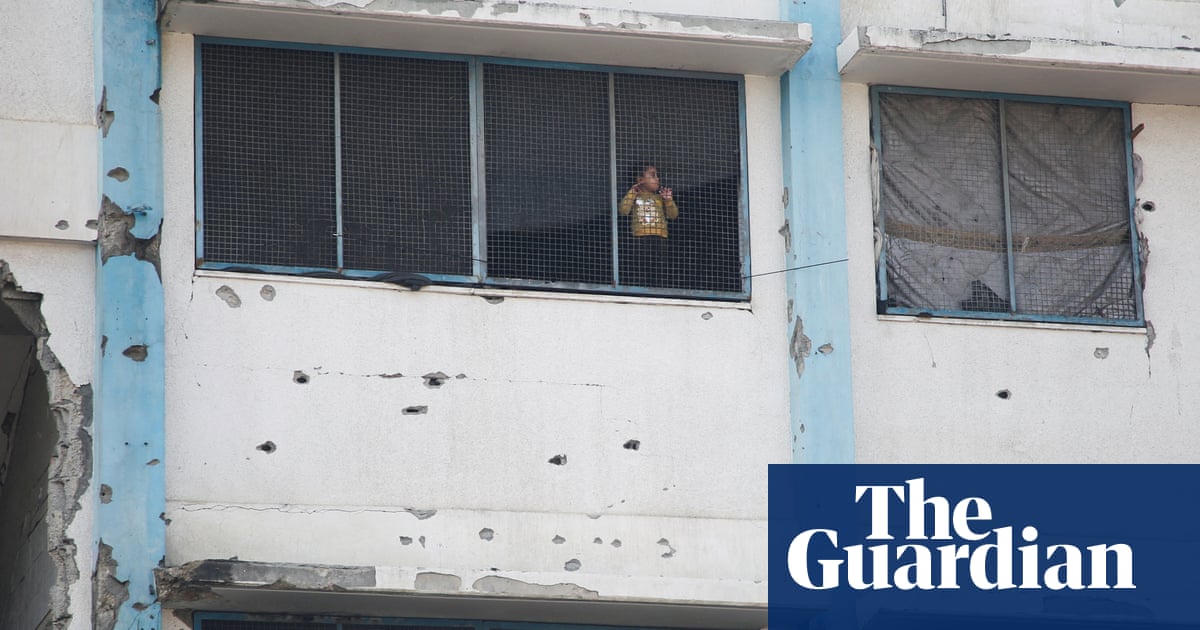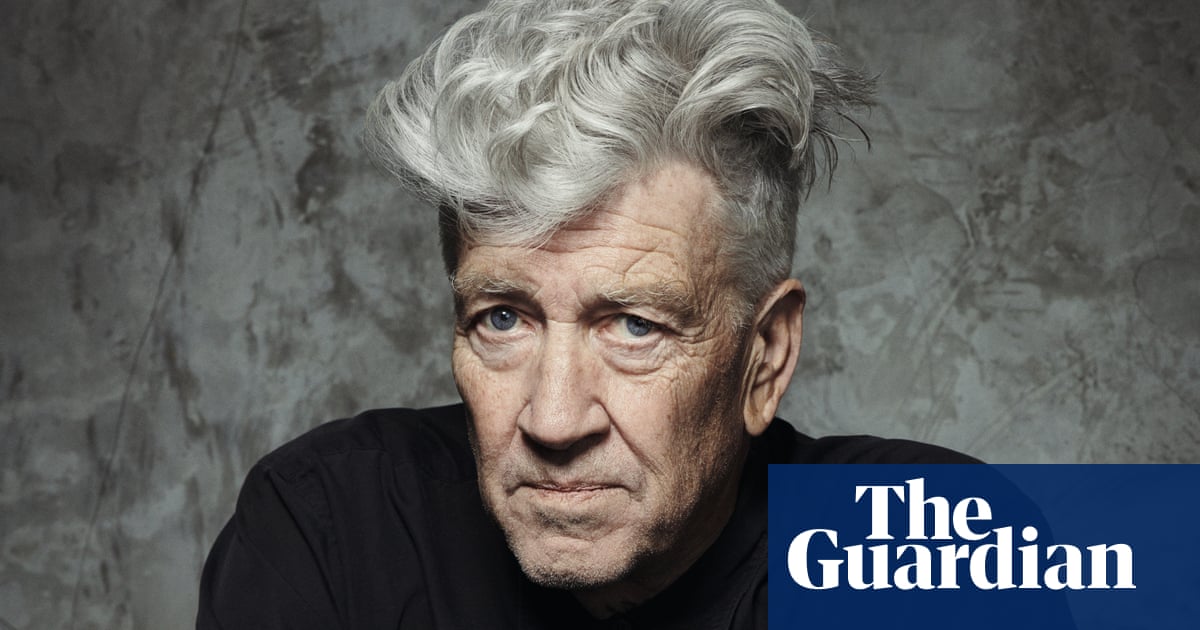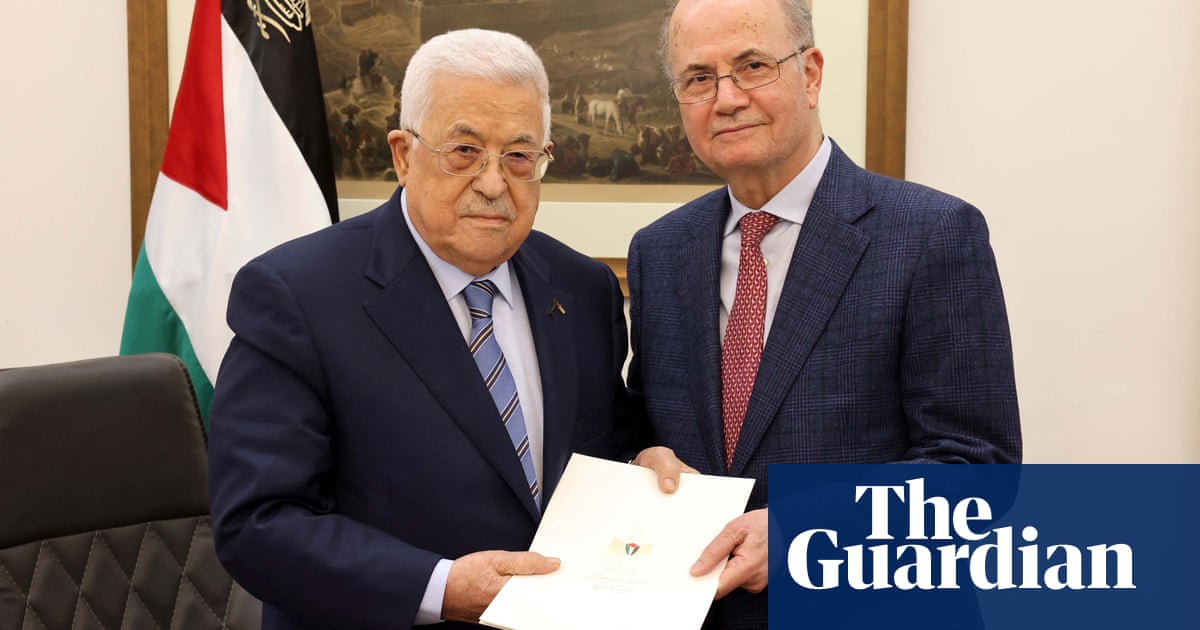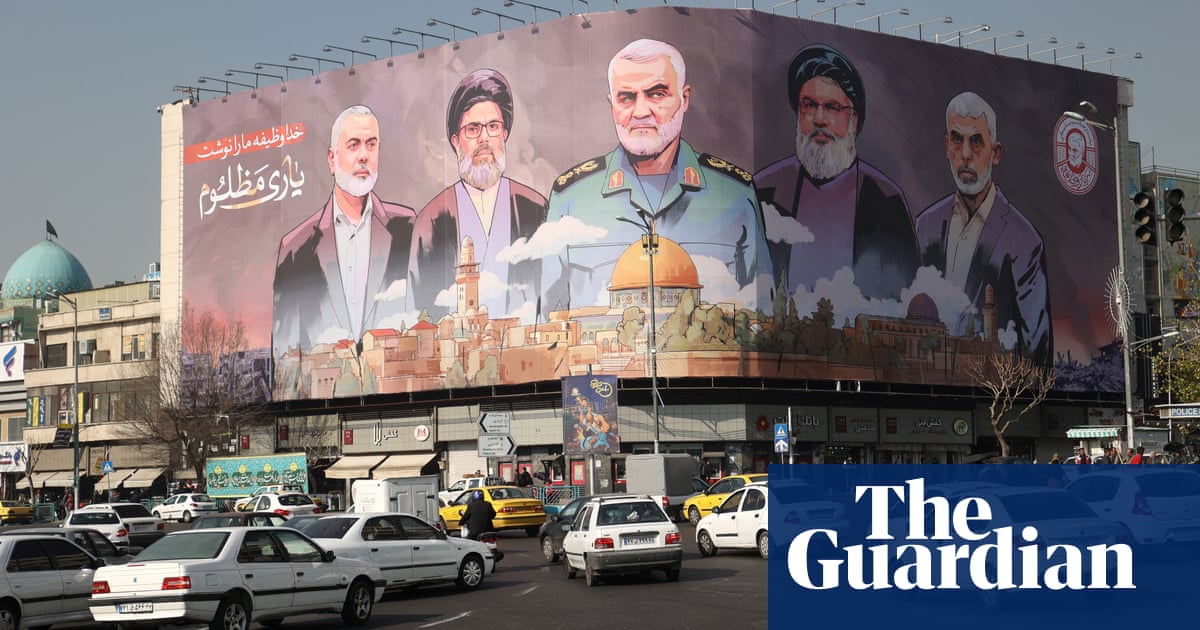-
Location Burkina Faso
-
Disaster Heatwave, 2024
Mariama, not her real name, is a Burkinabé musician who lives in Ouagadougou. During the heatwaves earlier this year she went into early labour, and lost her baby.
It was my first pregnancy. I had been trying to have a child since I was 26. Ten years now. Some doctors had told me it would be impossible to have children because of an operation on my fallopian tubes in 2018. In fact, I had stopped trying. But, voilà! The first month I thought I had my period, but it wasn’t, and by the second month, my pants didn’t fit anymore. So I went to the pharmacy to take a test. I couldn’t believe it – I was pregnant! I also went to the hospital to confirm it. I was two months along.
At that moment, I stopped everything and started taking care of myself. Everything was going well. My mother always said she wanted seven grandchildren, but since she said I was already too old, we agreed on just four! I followed all the gynaecological and medical visits at the Yalgado hospital. Up until six months, everything was fine. I had no problems, I could sleep, and I wasn’t in pain.

Then the heat came. At night, I’d wake up to get some air because I was so hot. I’d also take showers during the night. I’d wake up two or three times each night. When I woke up, I was exhausted, as if I hadn’t slept at all. Since it was my first pregnancy, I wasn’t sure if this was normal or not, so I assumed it was, even though I couldn’t sleep well due to the heat.
You feel suffocated at night, you can’t breathe well because on top of the heat, this year there was so much humidity. I even thought I had breathing problems, but doctors told me no, it was just the heat.
I was scared, because the doctors told me to stay in a cool place, but they didn’t understand my reality. What if there were power cuts? I had to wet a towel and lay it on my bed to lie down, and when it got warm, I’d go wet it again. So, I wasn’t sleeping well. I thought maybe the heat was because of the pregnancy, but the heat was real; it wasn’t just because I was pregnant.
During the day, it was infernal. My daily activities had to be done from 8-9am at the latest, or at night when the sun was down. But in the sun, it was unbearable– heavy, humid, and with my sinus issues, I couldn’t breathe. When it was heavy and dusty, I preferred to stay home.

It hurt a lot. My chest was swollen, and my back hurt. The heat made my back pain even worse, so it wasn’t good for me. I was always looking for a cool spot. I’d take showers, but it was so hot that when you came out, you felt even hotter because your fan was blowing hot air. The best thing was to aim the fan towards a corner to cool the air a bit. But it really wasn’t good; I felt nauseous, dizzy … mainly dizzy from the heat. That’s what was happening to me.
We’re in the Sahel, so we’re used to heat, but this year, people weren’t used to it anymore. I’ve never seen so many people sleeping outside or sitting by their doors. Before, there were power cuts, but never like this. It used to happen during the day; now it’s at night, too. In your neighbourhood, you feel safe because so many people are outside. Everyone’s out, everyone’s hot, nobody wants to go inside. They wait for the power to come back or to get so exhausted that they would finally go to sleep. Otherwise, it was impossible. Really.
About six months along, when I was at the market one day, I felt dizzy; I was so hot. I was walking, and at some point, I stopped because I felt a liquid running down my leg, and I thought, “Something’s wrong.” The next couple of days were a blur of pain and worry. I saw one doctor who told me that it wasn’t serious, and we’d see what was going on. I waited five hours to see him. He told me to get ultrasounds done. I had the first one, then a second, and they told me things were OK, that I had lost a little fluid, but there were natural ways to recover it.
I was sent to another hospital where they told me not to go home, that someone needed to see me. So I stayed there waiting in the car, lying down in the back. You can’t open the windows because of mosquitoes, so you have to sleep with the air conditioning, which uses up your fuel.
Finally, the next morning, they told me to go to another hospital. By the time I got there and someone saw me, the pain was so bad. They got me to lie down in a room. The pain was so bad that the doctor came, took my temperature, then brought a syringe with something in it. I asked, “What’s this for?” After the injection, I said, “I’m in even more pain, it’s contracting.” They didn’t say anything. Forty minutes later, the doctor came back and asked if I was still having contractions. I said yes, that it hurt. He explained that the drug they gave me was to help deliver the baby. I asked if my baby would survive and he said no.
About the series
This is climate breakdown was put together in collaboration with the Climate Disaster Project at University of Victoria, Canada, and the International Red Cross. Read more.
Production team
In those two days of being passed around, nobody could explain to me what was going on. When they induced labour, I didn’t even know who I was. I had the impression that nobody saw me. I couldn’t even ask questions; my mouth wouldn’t react. They had just induced labour without me realising it … I didn’t know what to think. I felt defeated. I asked myself, ‘What did I do? Why is nobody looking at me?’ I thought, ‘Why didn’t anyone tell me I was going to lose my baby?’ And there they were, sitting there, doing nothing. No explanation, no details, nothing.
It was like a slap in the face, a shock. I felt defeated. You go to the hospital to die. The heat, the power cuts, there’s no equipment. The heat – nobody even wants to talk about it. It’s the first thing everyone will tell you. It was extremely hot. And then, there are the specialists. When you go into their office, it’s so cold you start shaking, and when you step back into the hallway, you feel like fainting.
In the room where I had to push and push, there were no mosquito nets. We were six or seven in one room. Here, you learn not to be ashamed. You scream, you push, you scream, you push, you scream, you push. My husband was outside, panicking as he heard my screams without knowing what was happening. It’s a plastic mattress. Either you bring your own sheet, or you give birth where so many women have already done so. When someone has to push, they send out the women’s companions, but we women face each other; the ones in front of you see everything.

There was no air conditioning, and the fans are on either side of the room. The first person who arrives takes the bed under the fan, and others take the second fan. All the others, we get nothing. There are six beds here and six across. It’s packed, and you’re pressed up against other women. It’s so hot. It was unbearable there because of the heat. Everyone was looking for air. When I was screaming, it was my mother who fanned me. But I didn’t even want anyone to touch me anymore. When anyone touched me, I’d scream. I didn’t want anything. It’s true that it’s over now, but I can’t go three nights without thinking about it. It still lingers within me.
It was after six hours of contractions that the baby came out. The nurse asked if I wanted to throw it in the trash or bury it, I swear you. I took the baby home, wrapped in the cloth I had bought for its birth, and we buried it at the father’s house.
How did you start living again? No one pushed me. Afterward, I heard other similar stories. Here, they often link pregnancy problems to something the woman has done or eaten, but I know that it was the effect of the heat and the stress, with 40 to 41 degrees (celsius) of heat, going back and forth between hospitals. This year, the heat was something very unusual. I didn’t know if it was climate change or what, but we experienced a strange kind of heat. Throughout the entire ordeal, I was asking God to help me. Only Him. I felt like I was going crazy. I felt better talking to a deity than to a human being. Most people tend to judge before understanding what’s happening.
A few weeks afterwards, we planted a guava tree. It was important to have a place to go, to gather oneself and be at peace. I threw myself completely into my activities; I looked for work. Working is a way to release it. But every time I watch a movie and see a woman who just gave birth, that feeling returns, and I feel awful: “Imagine, I could have too.”
-
Design and development by Harry Fischer and Pip Lev
-
Photography by Èlia Borràs

.png) 2 months ago
11
2 months ago
11













































